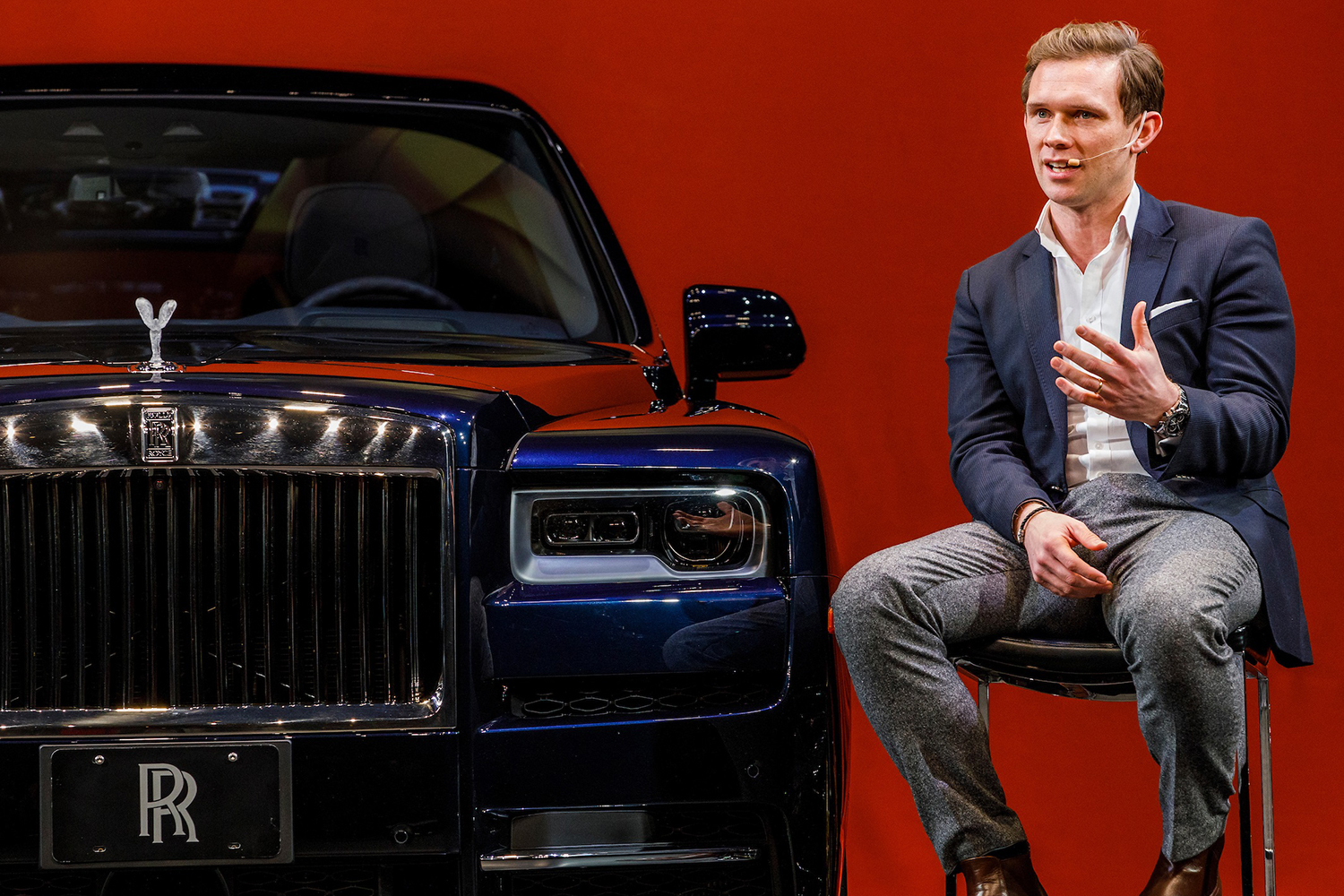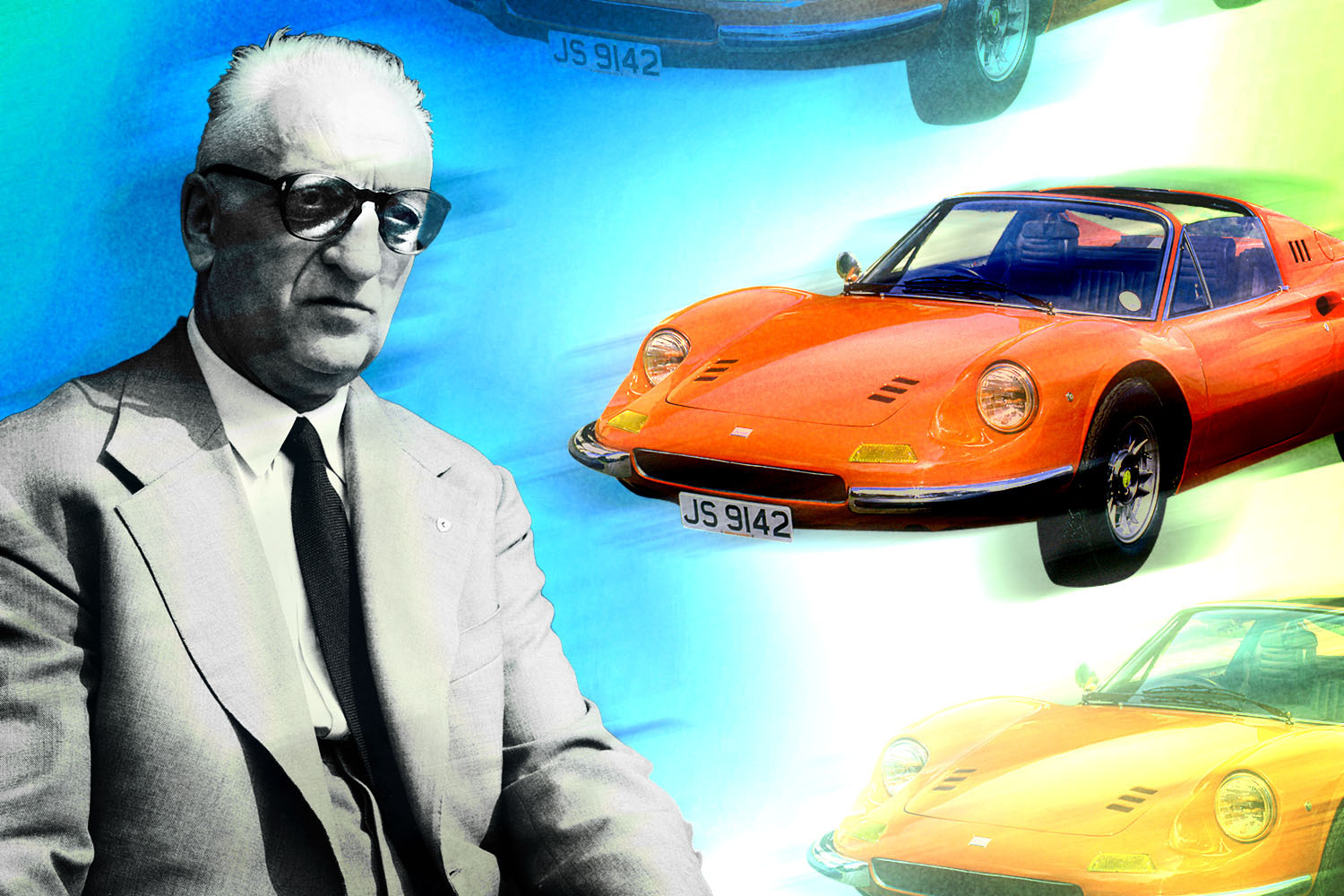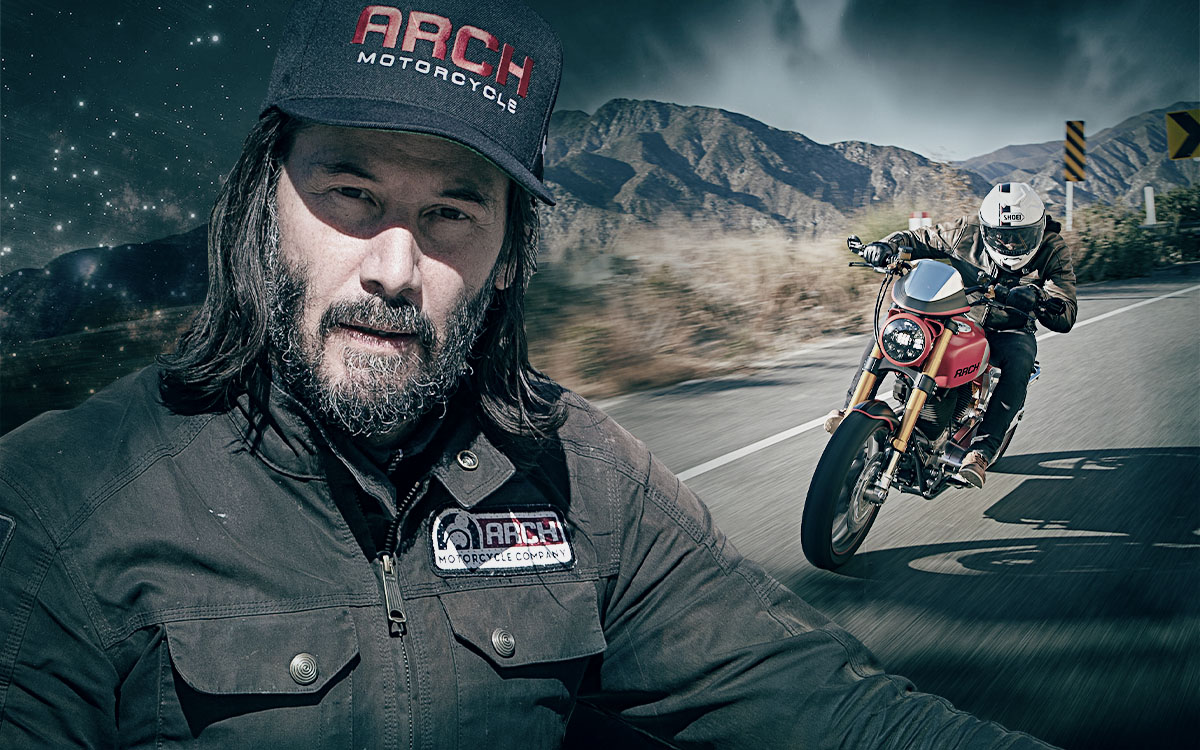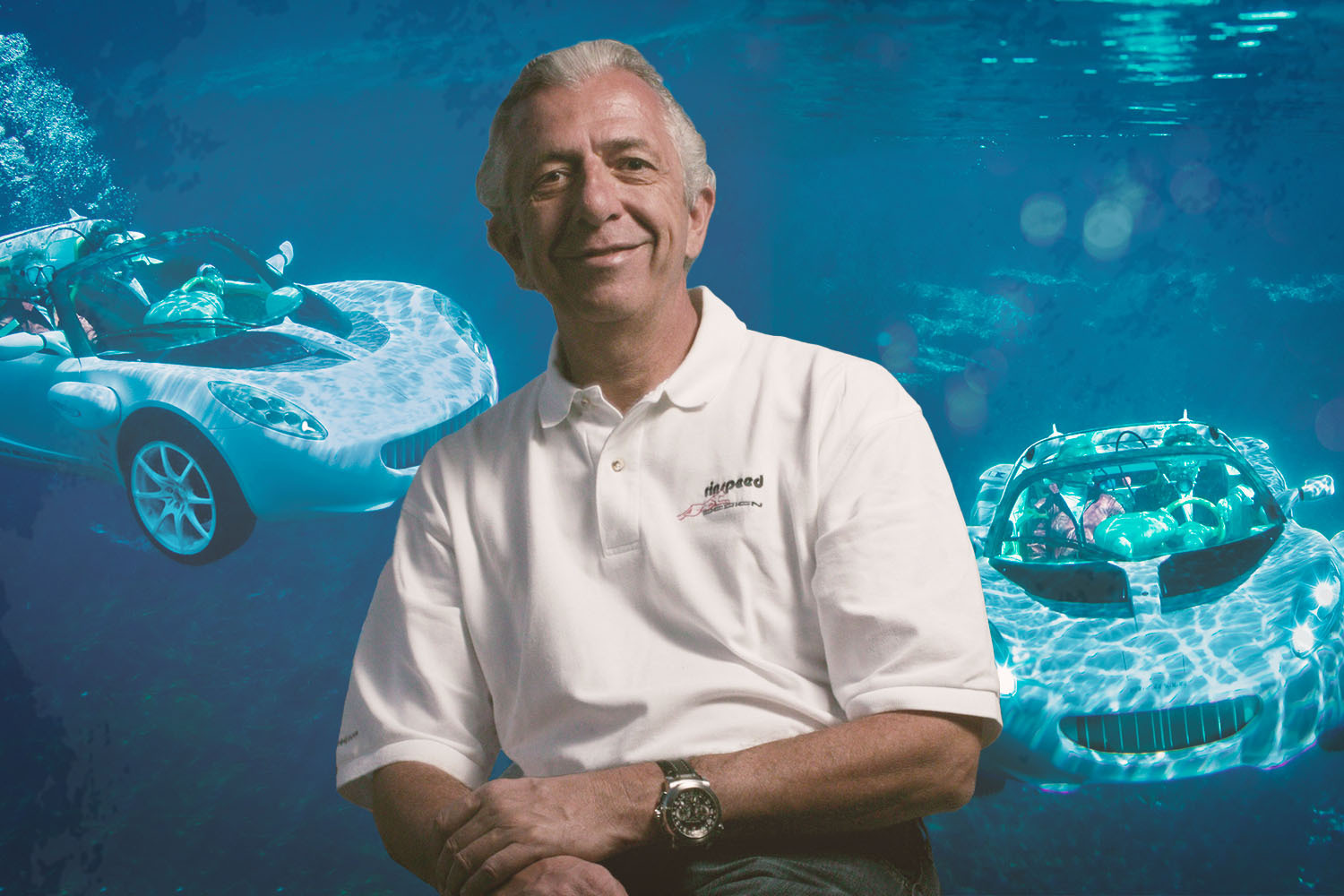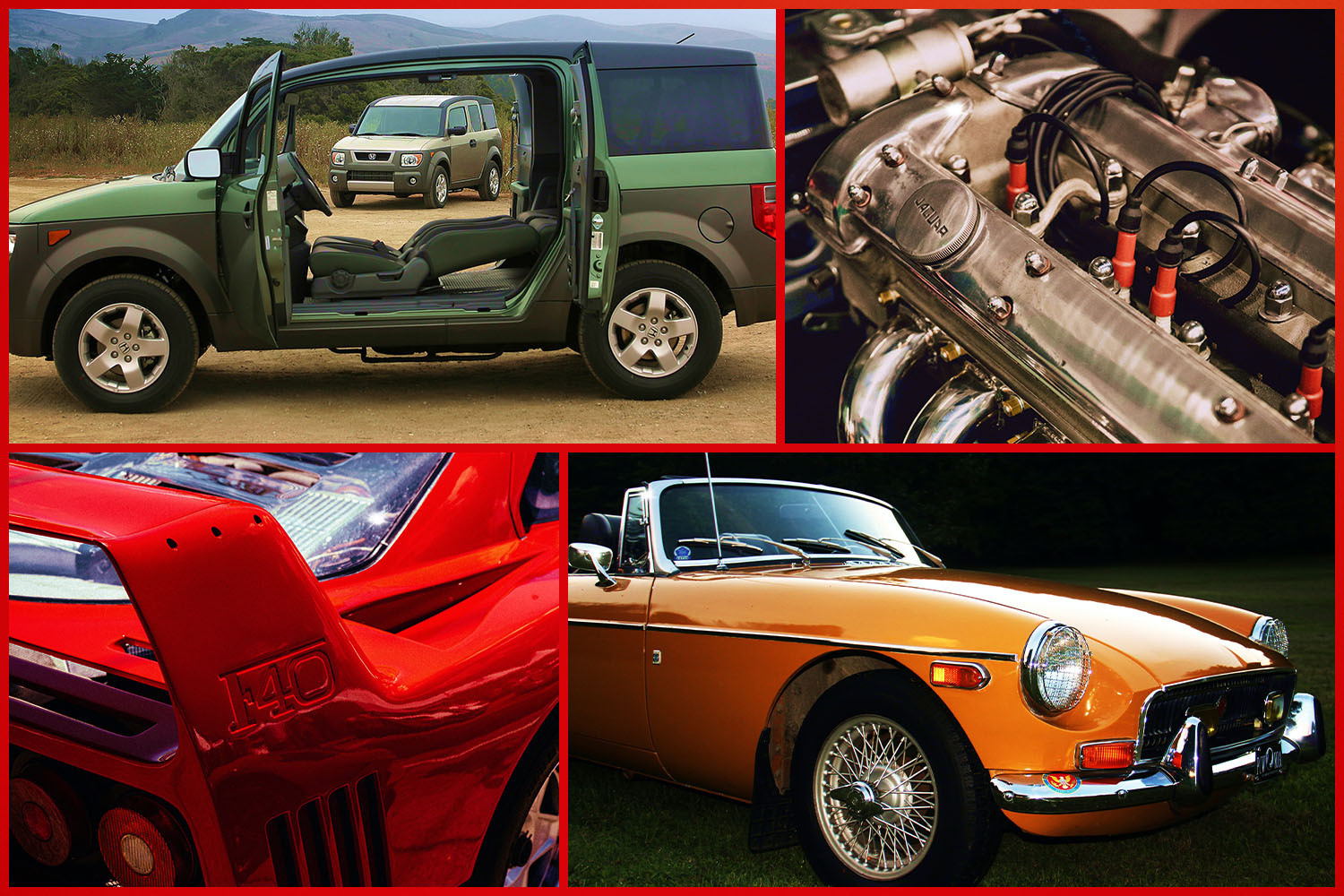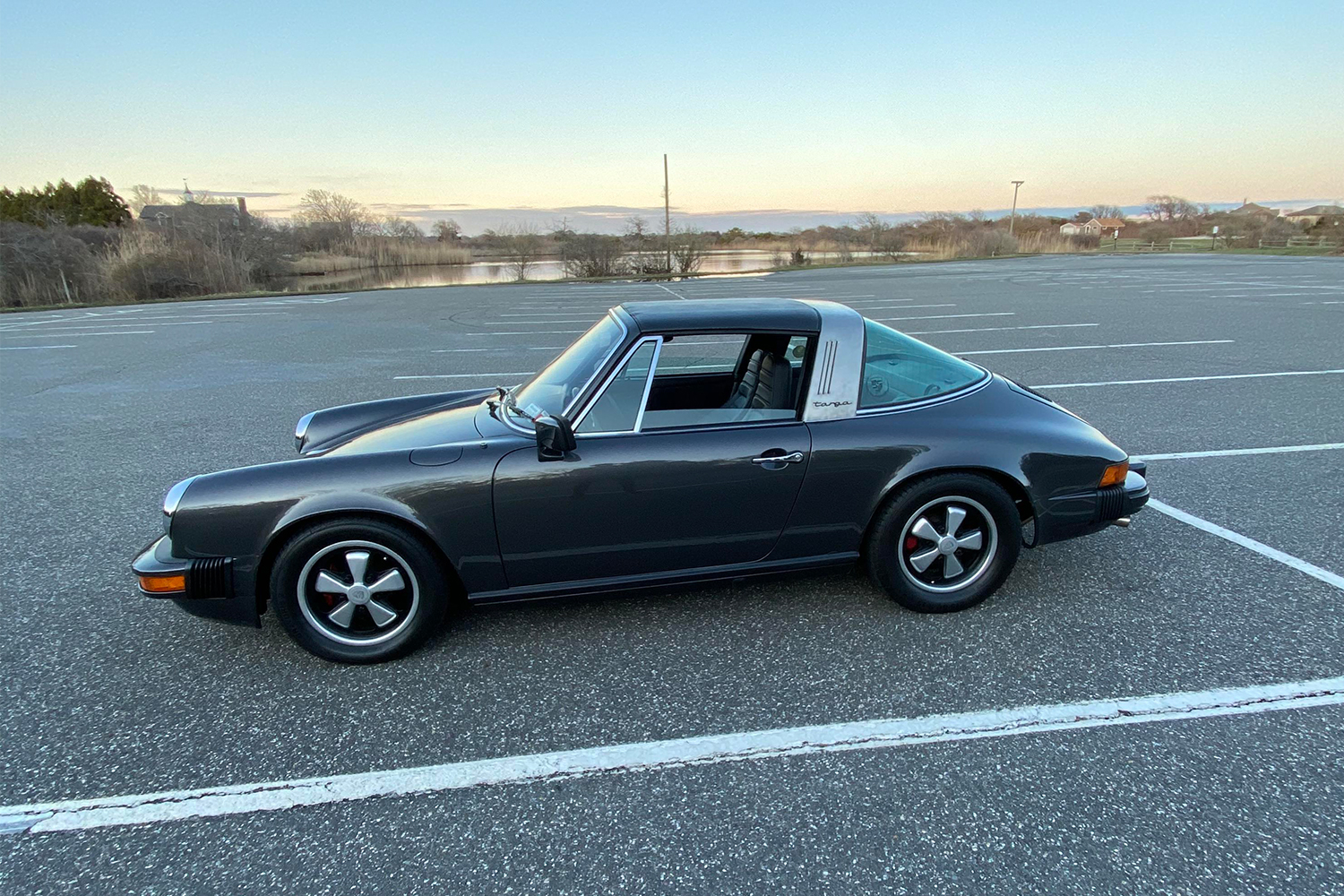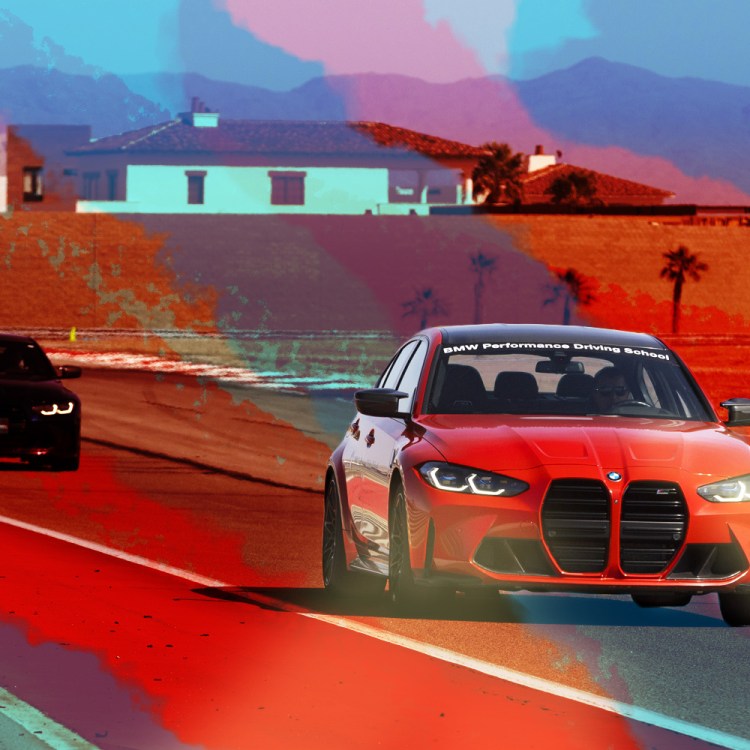There you are, poring over the endless serried ranks of supercars, when it suddenly dawns on you. Many of these cars are one-of-a-kind. They’re multi-multi-million-dollar asset classes all on their own. And yet none of them are roped off. You can press your nose right to the glass.
“That’s a really important aspect of the Goodwood Festival of Speed,” says Charles Gordon-Lennox, the 11th Duke of Richmond, and founder of the annual summertime event in southern England that marks its 30th anniversary next year. “You can get close up to these extraordinary cars. And not once have we had any damage to any of them. We had five of the surviving six Bugatti Royales one year. People are very respectful of these kinds of vehicles.”
When he says “people,” that’s no small number. Some 200,000 now attend the four-day event on the rolling grounds of the historic Goodwood House. They cram local hotels, come in camper vans and with tents, and with good reason. The Goodwood Festival of Speed is arguably the only car show in the world to combine classic and contemporary cars and motorbikes, driving experiences, hill climbs and track racing — one thing you have to get used to is the constant sound of roaring engines and screeching tires, and wafting clouds of rubber smoke — together with the unveiling of new models and concepts, seminars and a taste of cars to come.
Turn a corner and there’s motorsport legend Jackie Stewart. Turn another and there’s a bustle of outstretched pens following a man with a trim mustache — that will be CART Indy Car and Formula 1 world champ Nigel Mansell, off to be reunited with his Williams racing car for the first time in three decades. Look to the track and there’s Grand Prix motorcycle star Wayne Rainey racing again for the first time since he was paralyzed in 1993. Up in the sky, almost ignored, are the Red Arrows, the RAF’s aerobatic team.

“The event has had a life of its own from the beginning,” says Gordon-Lennox. “We expected a few thousand in the first year at the very best and even then 25,000 people turned up. I think it works now for the reasons it did then: it’s a shared experience and everyone there loves cars and motorbikes. It’s never tried to be very commercial and always focused on access. Thirty years ago there just wasn’t any way of seeing the kind of cars we have at the Festival of Speed, unless you were lucky enough to own one. But the goodwill towards an event that brings it all together — Paris-Dakar, NASCAR, Formula 1, Formula E, TT, rally, it’s all here — is amazing.”
It needs to be, not least because, contrary to most concours events, none of the owners are paid to show their incredible vehicles at Goodwood, the grounds of which also host the headquarters of Rolls-Royce Motor Cars. They do it because they want their vehicles — brought out of museums or very secure storage for private collections — to be included in the conversation.
“They’re shipping their cars over from all parts of the world just because they feel it would be great for people to see and enjoy them here in this setting — and because we give the owners a really fun time,” says Gordon-Lennox. “In a way it is a coming together of that world. We hate being called just a ‘motor show.’ That’s a thing of the past really. This is celebratory, be that of the future of mobility or the last 100 years of invention and creativity.”

“It is like no other motor show. There’s certainly nothing like it abroad,” agrees Andrew Pilkington, the U.K. managing director of Hyundai’s luxury marque Genesis, which has hosted events at Goodwood for the last three years. “In fact I think that traditional kind of motor show isn’t of much interest to manufacturers anymore — there just isn’t the return on investment, and they’ve always tended to be rather static. In contrast, Goodwood is a celebration of all that’s good in the automotive world in a very dynamic way. It’s a fraternity of enthusiasts. They’re not there to buy a car but to experience cars. It’s an immersive, visceral experience: the smells, the noise, seeing the whites of the drivers’ eyes.”
Certainly it’s not just the static cars that you can get up close to. No gamble is taken with visitor safety, of course, but all the same, there aren’t too many opportunities at motor shows to be separated by a simple hay bale from a car catching air as it passes you, and then the next minute to be indulging in the luxury lifestyle with which the high-end automotive world is increasingly associated.
“In fact I’d argue that Goodwood works so well because it’s as much about lifestyle as it is performance. It has that right recipe of emotions,” says Sadry Keiser, the chief marketing officer of Roger Dubuis. Ever mindful of that connection between cars and watches, this super-luxe Swiss brand is at the Festival of Speed, too. “The bottom line is that Goodwood does what other car shows don’t: it allows you to really feel the passion behind that broad interest in cars that all the visitors share. It’s not just about engine size. It’s the whole package of what cars like this represent.”

The Festival of Speed — which has a sister event, Goodwood Revival, focused around vintage cars, in mid-September — certainly gets back to the heart of what fuels many people’s love of driving, and of cars and motorcycles simply as objects of design and culture. Gordon-Lennox was brought up in the automotive arena; Freddie March, his grandfather and an amateur racer, established a motor circuit on the estate in 1948, in the process becoming Britain’s first post-war motor race meeting at a permanent venue. It ran competitions for 18 years but, thanks to “noise and politics,” as Gordon-Lennox says, it finally closed to anything other than testing in 1966. The Duke of Richmond had always wanted to bring the track back to life. And, he concedes, it would also bring some much-needed cash in to help maintain the huge 17th century house, its 12,000 acres and 550 staff members.
“We’ve been super lucky because we needed to find new ways of driving revenue for the estate and always wondered if cars might be the way, and of course it fits with the history of the place too,” he says. “Now we’re looking to build the festival as a convener of all sorts of ideas around mobility and wondering if we could make the event work somewhere else around the world too. We actually have a huge following outside of the U.K. We’re closer to making that happen than we ever have been, though obviously the challenges are different because here we have complete control of the site.”
Indeed, perhaps what finally makes the Goodwood Festival of Speed so appealing is its sense of place — that contrast of mechanical commotion and English countryside calm, the grease and grime of V12s and the elegant refinement of one of the U.K.’s most striking Grade I listed buildings. It is, Gordon-Lennox concedes, a rather special place in which to spend your childhood.
“From about the age of five onwards I spent a lot of time here with my grandfather, met all the racing drivers of the era, saw all the great cars, so a love of them was probably inevitable,” he remembers. “I always wanted to bring that association back to Goodwood. Of course there’s still always the pressure to raise our game every year. That’s a terrifying experience for everybody involved, trying to host drivers we haven’t had before, to get hold of cars we haven’t had before. But it comes good in the end.”
For more travel news, tips and inspo, sign up for InsideHook's weekly travel newsletter, The Journey.

